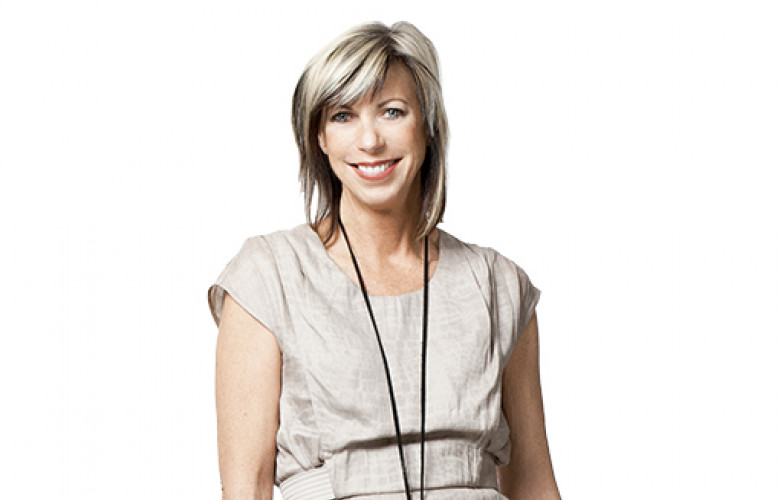Get to know Niki Peinke
Contact
Get to know Niki Peinke
Niki is Director of The Property Exchange in Perth, a firm she started in 1997. She holds a Bachelor of Psychology from the University of Western Australia, and began her real estate career in 1988.
How did you get your start in the real estate industry?
I actually had a restaurant in Subiaco. The day I opened the restaurant I found out I was pregnant with Chelsea. The last three weeks before I had her, I was banned from the restaurant by my doctor so I thought, ‘What am I going to do for three weeks?’ I’m the kind of person who always has to be doing something. Someone said I should do the real estate course, it was a two-week course in those days, so I went and did that. Then I had Chelsea and went straight back to the restaurant. Then about a year later the restaurant got sold. In the middle of all that my marriage broke-up, so I ended up with a new baby, no job, no husband thinking I wonder what I’m going to do. So in 1988 I got a job in real estate in Subiaco and got a nanny in and juggled everything. Then I went to work for another company in Subiaco and was with them for nine years.
Both your children now work with you at The Property Exchange?
My son works part-time on our computer desk, he does a lot of database work on a casual level, and Chelsea’s actually been here for 10 years. She started when she was 17, just working on Saturdays while she was at university doing a commerce and marketing degree. She was my marketing manager for five years and now she’s decided to get into sales.
When did you start your own firm?
1997.
Why did you decide to start your own firm?
I’m really kind of an ideas person more than anything else. I had all these great ideas at this other company I worked at and they’d always say, ‘Oh no, no,’ and I just found it really frustrating. I had this dream that I started up a real estate agency, and I woke up the next day and thought, ‘I could do this, it might work.’ I went out and borrowed against my house in Claremont, which was very scary, but it just took off. We did a lot of billboard advertising, it was a bit hip and unusual. We got to be known as the all female group, which we were for 11 years. It just took off until 2008, when we crashed in a heap. That’s when my business partner wanted out. I clawed my way back over about four years, and now we’re in a very stable position.
What do you love about the real estate industry?
I love the fact that it’s different every single day. I love solving other people’s problems. I think if I ever retire from this, I will go look at people running businesses and look at how I can make the business better for them because I see so many people making so many obvious mistakes. Same with real estate, which is why I’ve written so much on it. I just find it really stimulating and I love that I can get out of the office. You were a female pioneer in the industry here.
Why is it a good job especially for women?
Because buying a house or home is a very emotional transaction. I reckon men are fantastic at commercial real estate because everything in commercial real estate is price per square meter, it’s deals and figures, which men are very good at, whereas a home or a house where you’re going to play out your life is very emotional and I think women give the right advice to bring out that full potential of that property. We create an atmosphere that makes people feel good. We wouldn’t dream of showing a home without playing music. We’ve got Property Exchange candles. We try and control all the senses so people feel relaxed. The psychology is hugely important. The managing of your clients’ expectations is hugely important.
What’s your advice to a young person thinking about getting into the industry?
Don’t think about the money. You really need to care about what happens to people as far as your advice. If you’re in it for the money you will never earn any. Focus on the people. It’s not quick get-rich, which is what 90% of people think about real estate because they see us driving nice cars. Well most of those cars are on hire because we need to drive them so that the sellers think we’re successful. You can’t come up in an old beaten-up Ford Laser, people think, ‘Is this really the person to sell my house?’ You don’t need to be passionate about houses, but you do need to be passionate about people. When I started it probably took me five years before I had a trickle of business coming in.





